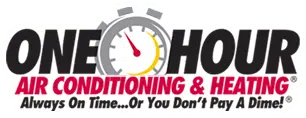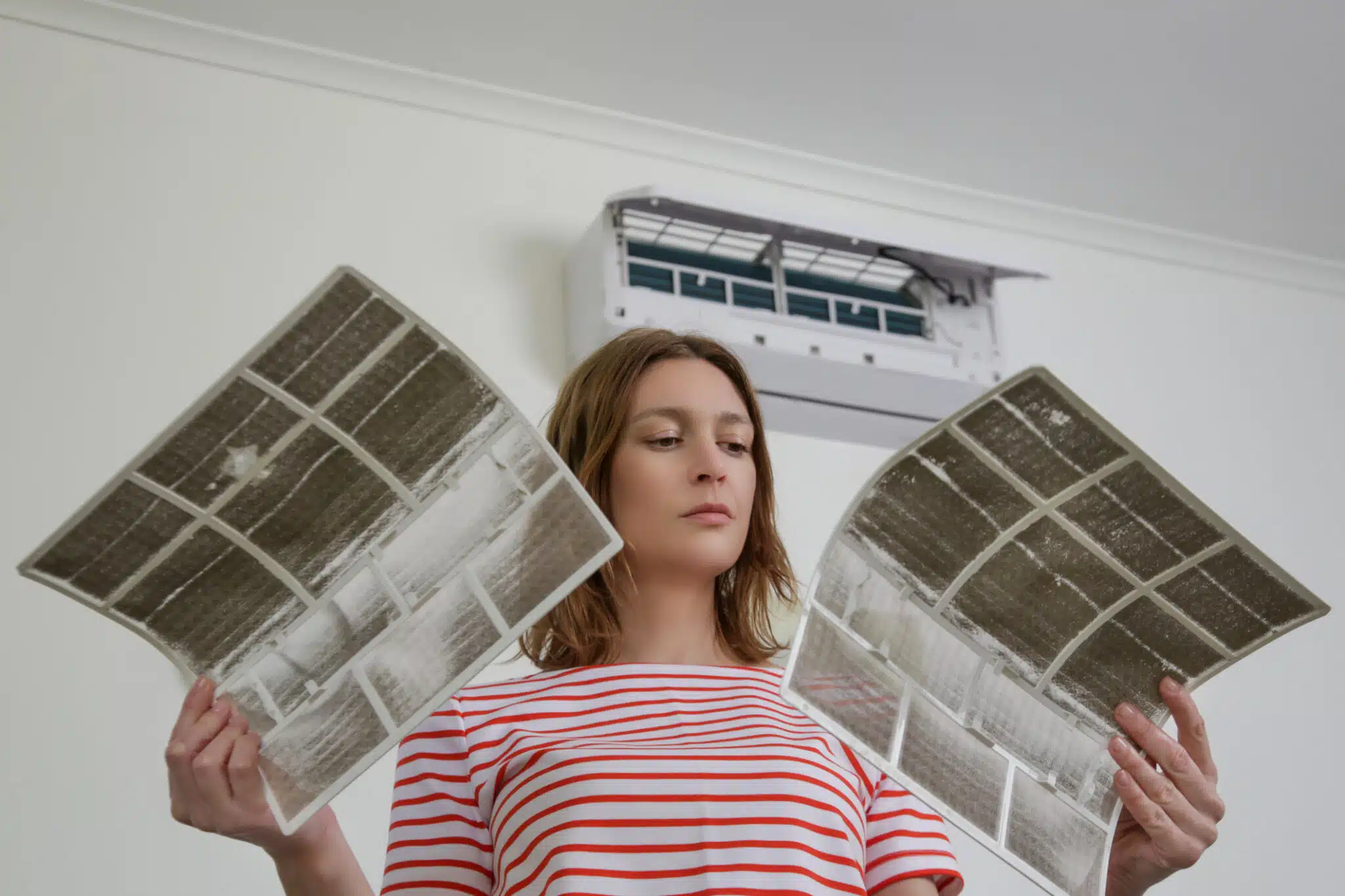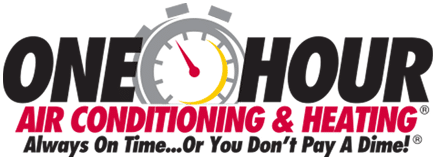HVAC filters are crucial for maintaining clean indoor air and ensuring your system’s efficiency. They trap dust, pet dander, and other particles before the air enters your heating or cooling unit. There are various types to choose from, including fiberglass, pleated, HEPA, electrostatic, and carbon filters, each with unique benefits. When selecting a filter, consider MERV ratings (8-12 for most homes), and change them every 30-90 days depending on usage. Regular replacement not only improves air quality but also reduces energy costs and extends your system’s lifespan.

Are you curious about how to keep the air in your home clean and your HVAC system running smoothly? It all starts with one simple part: the HVAC filter.
Most people don’t think about it until there’s a problem, but your HVAC filter plays a huge role in your home’s air quality and energy efficiency.
Whether you’re trying to avoid allergies, lower your bills, or keep your system in top shape, knowing how these filters work and how to choose the right one can make a big difference.
How Do HVAC Filters Work?
HVAC system pulls air from inside your home, the air first passes through the filter. The filter traps unwanted particles like dust, pet hair, pollen, and other allergens, stopping them from recirculating into your living spaces.
Once the air is filtered, it moves into your heating or cooling system, where it’s either heated or cooled and then sent back out into your home.
This process not only helps you breathe cleaner air but also protects your HVAC system from getting clogged with dirt and debris. Without a good filter, your system would have to work a lot harder, leading to potential breakdowns and higher energy bills.
Different Types of HVAC Filters
Not all HVAC filters are created equal! There are several types of filters available, and each one works a little differently. The right filter for your home depends on your needs—whether it’s improving air quality or maintaining energy efficiency. Let’s break down the most common types of HVAC filters.
Fiberglass Filters
Fiberglass filters are the most basic and affordable option. Made of thin, layered fiberglass, they trap larger particles like dust and lint that would otherwise flow through your system.
However, they aren’t very effective at catching smaller particles like pollen or pet dander, making them less ideal for people with allergies. They also need to be replaced more frequently, usually every 30 days, due to their limited lifespan.
Pleated Filters
Pleated filters are a step up from fiberglass filters and offer better filtration. The pleats (folds) increase the surface area, which allows these filters to trap more particles, including smaller allergens like dust mites and mold spores.
They are a great option for households with pets or those who suffer from allergies. While they cost more than fiberglass filters, they last longer, typically around 90 days, and provide better air quality.
HEPA Filters
HEPA filters, or High-Efficiency Particulate Air filters, are known for their ability to capture the tiniest particles, including dust, pollen, mold, and even bacteria.
They can filter out up to 99.97% of particles as small as 0.3 microns, which is why they’re commonly used in hospitals and clean rooms.
For homeowners looking to significantly improve indoor air quality, HEPA filters are an excellent choice. However, they may not be compatible with all HVAC systems due to their dense material, which can restrict airflow.
Electrostatic Filters
Electrostatic filters use static electricity to capture particles, making them an efficient option for trapping dust, dirt, and even some allergens. These filters contain fibers that create an electric charge, attracting airborne particles like a magnet as air passes through.
One of the best things about electrostatic filters is that some versions are washable, meaning you can clean and reuse them, making them eco-friendly. However, they do require regular maintenance to stay effective, and not all HVAC systems are suited for washable filters.
Carbon Filters
Carbon filters are unique because they can absorb odors in addition to capturing airborne particles.
They contain activated carbon, which traps smells from things like pets, smoke, and cooking, making them ideal for households concerned with both air quality and odor control.
While effective at removing odors, they may not catch as many small allergens as HEPA or pleated filters. Carbon filters also need to be replaced regularly to remain effective, especially if they are exposed to heavy odors.
Why Is Choosing the Right HVAC Filter Important?
Picking the right HVAC filter isn’t just about keeping your air clean—it can have a major impact on your home and HVAC system. The type of filter you choose affects everything from air quality to energy efficiency, and even how long your HVAC system lasts.
By selecting the right filter, you can create a healthier living environment while avoiding unnecessary repairs and higher energy bills. Let’s explore why making the right choice matters.
Impact on Air Quality
Your HVAC filter plays a big role in improving the air quality inside your home. If you or anyone in your household suffers from allergies or respiratory issues, a higher-quality filter can help by trapping smaller particles like pollen, pet dander, and even mold spores.
Poor air quality can lead to health issues, especially for those with asthma or allergies, so choosing a filter that removes these contaminants is important. With the right filter, you can breathe cleaner, healthier air every day.
Effects on Energy Efficiency
A clogged or low-quality filter forces your HVAC system to work harder, consuming more energy in the process.
On the other hand, a clean, efficient filter allows air to flow smoothly through the system, reducing the workload and helping your HVAC system run more efficiently. This means lower energy costs and a more eco-friendly home.
Prolonging the Lifespan of Your HVAC System
The right filter can also help extend the life of your HVAC system. When filters become clogged with dust and debris, they strain the system by restricting airflow, leading to more wear and tear on the components.
Over time, this can cause breakdowns and costly repairs. By regularly replacing your filter and choosing the right one, you’re helping to keep your system running smoothly and avoid premature failures.
What Filter MERV Ratings Mean
When shopping for HVAC filters, you’ll often see something called a MERV rating. But what exactly does it mean? MERV stands for Minimum Efficiency Reporting Value, and it’s a system used to measure how effectively a filter captures particles in the air.
The higher the MERV rating, the more particles the filter can trap, ranging from large debris like dust and pet hair to smaller particles like pollen and bacteria.
Explanation of MERV Ratings
MERV ratings typically range from 1 to 20, with higher numbers indicating better filtration. Here’s a quick breakdown of what different MERV ratings can filter:
- MERV 1-4: Captures large particles like dust, pollen, and lint.
- MERV 5-8: Traps mold spores, dust mites, and pet dander.
- MERV 9-12: Filters out smaller particles like lead dust and some bacteria.
- MERV 13-16: Catches even smaller particles like smoke, viruses, and fine dust.
- MERV 17-20: Typically found in hospitals or clean rooms, filters out tiny particles like viruses and hazardous materials.
Higher MERV ratings mean better filtration, but you need to ensure your system can handle it.
Choosing the Right MERV Rating for Your Home
While it may seem like going for the highest MERV rating is the best choice, it’s important to consider your HVAC system’s capacity. Filters with higher MERV ratings are denser, which can restrict airflow if your system isn’t designed for them.
For most homes, a MERV rating between 8 and 12 strikes a good balance between effective filtration and maintaining proper airflow.
If you’re not sure what MERV rating is right for your system, it’s a good idea to check your HVAC manufacturer’s recommendations or consult with a professional.
How Often Should You Change Your HVAC Filter?
Regularly changing your HVAC filter is one of the easiest ways to keep your HVAC system running efficiently and maintain high indoor air quality.
The frequency of filter changes depends on several factors, including the type of HVAC filter you use, the conditions in your home, and whether anyone in your household has allergies. Below are some general guidelines to help you determine when it’s time for a replacement.
General Recommendations for Changing Filters
As a general rule, it’s recommended to change your HVAC filters every 30 to 90 days. Fiberglass filters, which are more basic, need to be replaced about every month. Pleated filters, which are more efficient, can last up to 90 days.
If you have pets, allergies, or a larger household, you might need to change your filter more frequently to maintain clean air and prevent strain on your system.
Signs Your Filter Needs Changing
Even if you’re sticking to a schedule, it’s good to watch for signs that your HVAC filters need changing sooner. Some common signs include dusty or musty air, a sudden increase in allergy symptoms, or noticing more dust around your home.
Another telltale sign is if your HVAC system is running more than usual or your energy bills are going up—this could mean your filter is clogged and causing your system to work harder.
Factors That Affect How Often You Need to Replace It
Several factors can affect how often you should change your HVAC filters. If you have pets, the extra dander and fur in the air can clog up your filter faster, meaning you’ll need to change it more frequently.
Homes with smokers or people with allergies also benefit from more frequent filter changes. Even the environment outside your home plays a role—if you live in a dusty area or near a construction zone, your filter will likely need to be replaced more often.
How to Replace an HVAC Filter
Changing your HVAC filters is a simple task that anyone can do, and it’s a great way to ensure your system is running smoothly. While it might seem like a small detail, regularly replacing your filter can make a huge difference in air quality and energy efficiency.
The process is quick and easy, and with the right steps, you can have a fresh filter installed in just a few minutes. Let’s walk through how to replace your HVAC filters safely and effectively.
Step-by-Step Guide to Replacing a Filter
- Turn off your HVAC system: Before doing anything, make sure your HVAC system is turned off to avoid any accidents or damage to the system.
- Locate your filter: Most HVAC filters are found behind a vent grille, in the return air duct, or within the HVAC unit itself. If you’re not sure where yours is, check the user manual.
- Remove the old filter: Carefully slide out the old HVAC filter and take note of its size, which should be printed on the side of the filter.
- Install the new filter: Insert the new filter, ensuring the airflow arrows on the filter match the direction of the airflow in your system.
- Turn the system back on: Once the new filter is securely in place, you can turn your HVAC system back on and enjoy cleaner air.
Mark the date on your calendar when you change your HVAC filters so you remember when it’s time for the next replacement.
Safety Tips When Changing the Filter
It’s important to take a few safety precautions when replacing your HVAC filters. Always turn off the system before handling the filter to avoid any risk of injury or electrical shock.
Be careful when removing and installing the filter to avoid damaging it, especially if it’s a pleated or high-efficiency filter. Also, if you have allergies, wearing a mask and gloves can help prevent exposure to dust and debris when handling the old filter.
When to Call Professionals
In most cases, replacing an HVAC filters is something you can easily do on your own. However, if you’re not comfortable doing it yourself or if you’re having trouble locating the filter, it’s perfectly okay to call in a professional.
If your system requires a special type of filter or you suspect something else might be wrong with your HVAC unit, having a technician inspect and replace the filter can give you peace of mind.
Benefits of Regularly Changing Your HVAC Filter
Changing your HVAC filters regularly isn’t just about maintaining your HVAC system—it also comes with a variety of benefits for you and your home. From improving air quality to saving money on energy bills, a simple filter swap can make a big difference.
Cleaner Air in Your Home
One of the most immediate benefits of changing your HVAC filters is having cleaner, healthier air in your home. A fresh filter effectively traps dust, pollen, pet dander, and other particles, preventing them from circulating throughout your living spaces.
This is especially important for anyone in your home who suffers from allergies or asthma. Regularly swapping out your filter ensures that your air stays clean, reducing the amount of allergens and irritants in your home.
Lower Energy Bills
A clogged HVAC filters makes your system work harder, which in turn increases your energy consumption. By keeping your filter clean, you allow air to flow freely through the system, making it more efficient.
This not only helps your HVAC system work better but also leads to lower energy bills. Over time, these savings can really add up, making regular filter changes an easy way to keep costs down.
Ready for Cleaner Air and a More Efficient HVAC System?
At One Hour Heating & Air Conditioning of Cockeysville, we know the importance of having the right HVAC filters for your home.
Whether you’re in Cockeysville, Timonium, or Pikesville, MD, our expert team can help you choose and replace the perfect filter to keep your air clean and your system running smoothly. Don’t wait—schedule your HVAC service today and enjoy better air quality tomorrow!

FAQs About HVAC Filters
Can You Clean and Reuse HVAC Filters?
Some HVAC filters are reusable, like electrostatic filters, which can be washed and reused several times. However, most disposable filters, like fiberglass and pleated filters, are not designed to be cleaned and reused. Always check your filter type before attempting to clean it.
What Type of Filter is Best for People with Allergies?
For people with allergies, a filter with a higher MERV rating, such as a pleated filter or a HEPA filter, is ideal. These HVAC filters capture smaller particles like pollen, pet dander, and dust mites, which are common allergy triggers. If air quality is a top concern, a HEPA filter offers the best filtration.
Do Expensive HVAC Filters Work Better?
More expensive HVAC filters often provide better filtration, but the right filter depends on your home’s specific needs. If you have allergies or pets, a high-efficiency filter with a high MERV rating might be necessary. However, basic systems may do fine with a more affordable option.
How Can I Tell If My HVAC Filters is Working Properly?
You can tell if your HVAC filter is working by regularly inspecting it for dust and debris. If it looks clogged or your HVAC system is running more often than usual, it’s time to replace the filter. Additionally, a sudden spike in energy bills can indicate that your filter isn’t working efficiently.
How Often Should I Change My HVAC Filter?
It’s generally recommended to change your HVAC filters every 30 to 90 days, depending on factors like filter type, pets, or allergies. Homes with more activity, such as pets or smokers, may need to change filters more frequently. Regularly checking your filter ensures it stays clean and effective.






